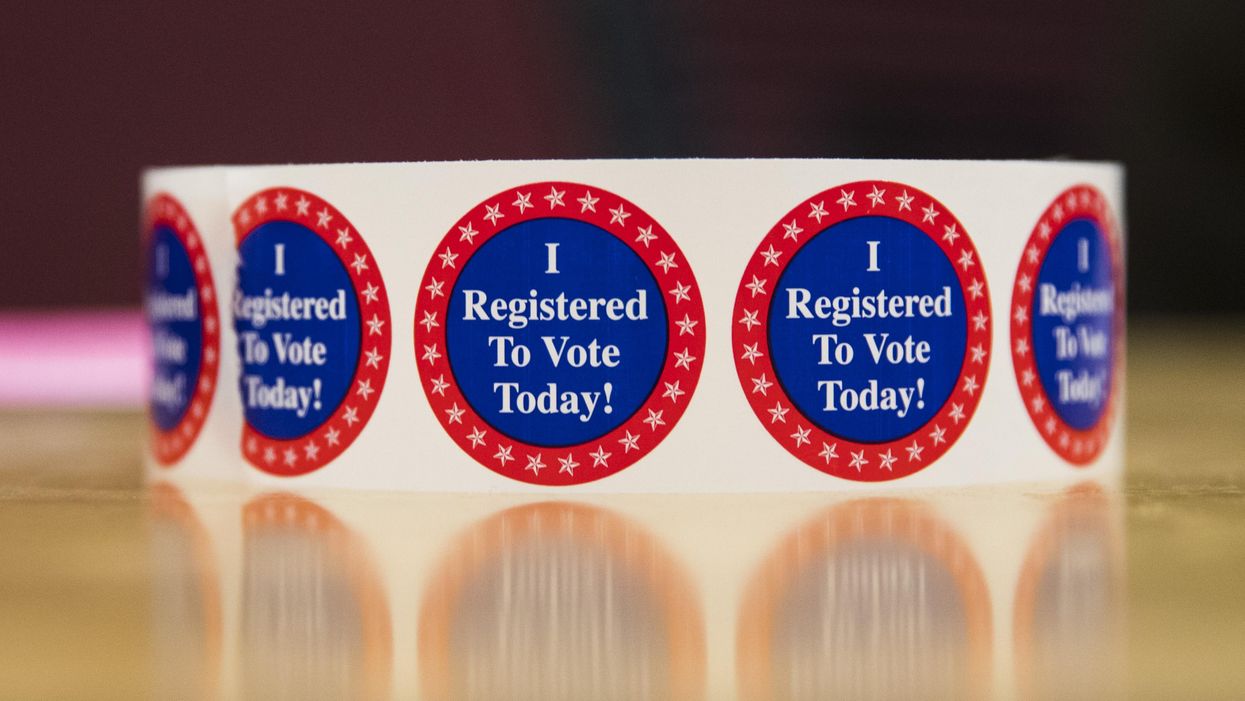Zaidane is the president and CEO of Millennial Action Project.
Today, Sept. 28, is National Voter Registration Day. On this day, people from all walks of life across the United States will come together toward one simple goal: to make sure as many people as possible can participate in our democracy.
Civic engagement is a pillar of democracy in the United States. By casting a ballot in any election — whether for local, state or federal government — we get to make our voices heard and our communities more reflective of the world we wish to live in.
Millennial and Generation Z voters are now the largest voting bloc in the United States — we can no longer be pushed to the side on the campaign trail. What's more, getting the younger generation civically engaged may actually be the key to defeating toxic polarization from which our nation is suffering.
After all, young people are the least inclined to register with either party; the most rapidly growing political affiliation for young people is independent. Young voters are increasingly more diverse, and continue to bring fresh, new perspectives to our political climate. The result of this trend is that, rather than a contest about which party has the largest voter base, candidates become politically incentivized to compete on the merits of their policy solutions. The best policy solutions don't have to be red or blue or even purple. The winning candidate is the one who proposes solutions that most resonate with the largest and most powerful bloc of voters: the youngest generation, who demand progress on improving the economy, climate, education and more, because we will be the ones to live through it all.
Republicans and Democrats alike should encourage young people's civic engagement and create policy solutions that reflect their will. This can not only build their own voter bases, but will aid in renewing public faith in our political system, inspire new participation and deepen participation from those already civically engaged.
By investing time and energy into registering young voters, our country stands on the precipice of defeating toxic polarization. Candidates will be forced to engage with new perspectives and solutions that do not necessarily fit into our current political binary, thus propelling us towards a new political era of post-partisanship.
National Voter Registration Day is our chance to create a more perfect union — a government for the people and by the people. Let's do our part. Let's register our young people to vote.
You can register to vote or check your registration status at vote.gov.




















Trump & Hegseth gave Mark Kelly a huge 2028 gift